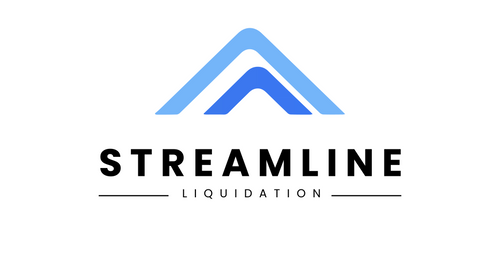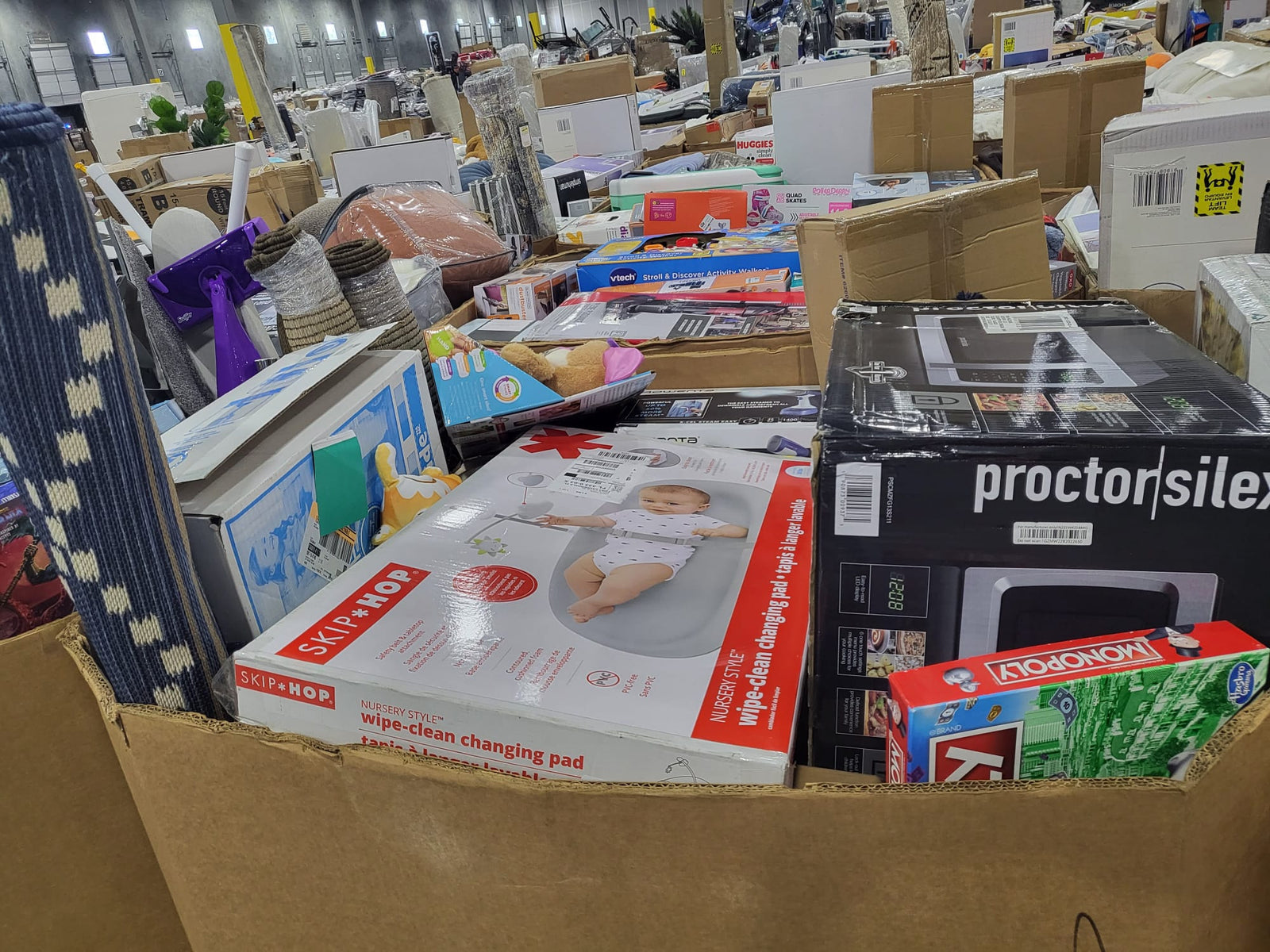How to Select the Right Liquidation Pallets for Your Business
Choosing the right pallet of merchandise from a supplier is a critical decision that can significantly impact your profitability in the resale liquidation business. To maximize your return on investment, it's essential to develop strategies for selecting the most suitable pallets. Here are some key questions and considerations to help you make informed choices:
1. Assess the Impact of Broken Products
When purchasing a pallet, pay attention to the condition of the items, especially whether they are broken or damaged. Ideally, you want as few broken items as possible. While minor damage to some items may be acceptable, it's essential to avoid pallets where expensive or high-value items are frequently damaged. Focus on minimizing losses associated with broken products, particularly those that are costly to replace.
2. Consider Your Sales Strategy
Your plan for selling the merchandise should influence your choice of pallets. Are you equipped to sell a large quantity of small, less expensive items, or do you prefer dealing with fewer, larger items? Your sales channels play a crucial role in this decision. For example, if you intend to sell primarily on Facebook Marketplace and eBay, you may prefer pallets with fewer, higher-value items that are well-suited for online sales.
3. Evaluate Processed vs. Unprocessed Pallets
Liquidation pallets can be either processed or unprocessed. Processed pallets have undergone sorting and organization, which can make them more predictable but may come at a higher cost. Unprocessed pallets are typically cheaper but carry more uncertainty. You should not exclusively focus on one type but rather assess the suitability of each pallet based on your needs and risk tolerance.
4. Check the Condition of Manufacturer's Packaging
The condition of the manufacturer's packaging can significantly affect your ability to sell items. Opt for pallets where the packaging is in good condition, as damaged packaging may deter potential buyers. If you encounter items with damaged packaging, consider removing them from the original packaging and disclosing the damage in your listings.
5. Weigh the Risk Against the Reward
Before choosing a pallet, consider the potential risk and reward. As Warren Buffett's investment rules state: "Rule number 1: Never lose money. Rule number 2: Never forget rule number 1." While some pallets may offer lower risk with assured returns, they may not yield significant profits. Conversely, high-risk pallets might contain hidden gems but can lead to losses. Finding a balance that suits your risk tolerance is essential.
Types of Liquidation Pallets
Liquidation pallets vary based on several factors, and it's crucial to understand your options in the marketplace:
Different Retailers: Pallets often originate from specific retailers, and each retailer offers distinct merchandise. Familiarize yourself with the types of products and brands associated with each retailer.
Different Retailer Programs: Retailers categorize their merchandise into various programs, which can determine the content and condition of pallets. Knowing these programs helps you predict what to expect from a particular pallet.
Different Conditions: Liquidation merchandise comes in various conditions, such as case packs, overstock, shelf-pulls, damaged packaging, store returns, and more. Understand these conditions to make informed choices.
Different Sized Items: Some pallets contain larger items, while others include smaller items. Retailers sort merchandise into categories, and these categories affect the composition of pallets.
Different Merchandise Categories: Liquidation merchandise spans various categories, such as apparel, tools, health and beauty, electronics, and more. Choose pallets that align with the product categories that work best for your target market.
Manifested vs. Unmanifested Pallets
When purchasing full truckloads, you'll need to decide between manifested and unmanifested pallets:
-
Manifested Pallets: These pallets have undergone sorting, and a manifest listing the items is available. While manifested pallets offer predictability, they may come at a higher cost due to labor and shipping expenses.
-
Unmanifested Pallets: Unmanifested pallets are sold without a detailed listing of their contents. They are generally less expensive but carry more uncertainty. Buying unmanifested pallets is a game of averages and is less risky when purchased in volume.
Ultimately, there is no one-size-fits-all answer to the best liquidation pallets. The key is to find pallets that align with your business needs and goals. Understanding the various factors and types of pallets available in the liquidation market is essential for making informed purchasing decisions.

